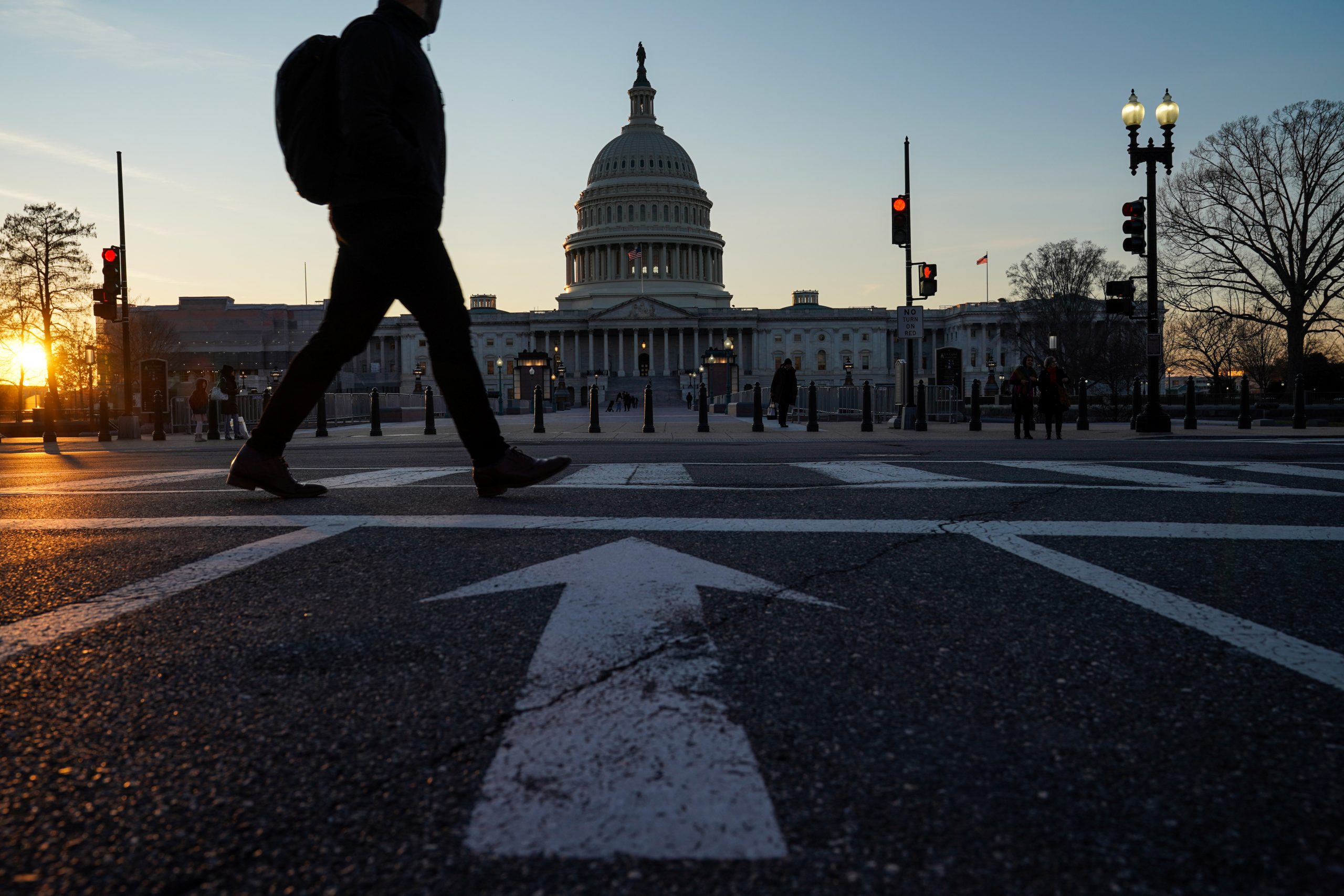The U.S. Senate agreed on Monday to extend a set of government surveillance tools for 77 days, to allow lawmakers time to consider broader changes to the divisive domestic eavesdropping program.
The Senate had been due to begin voting on Monday evening on a bill passed in the House of Representatives last week that would have reauthorized and reformed the program.
Instead, senators agreed unanimously on the temporary extension to allow consideration of amendments to the House bill.
In a rare bipartisan vote, the Democratic-led House had backed the “USA FREEDOM Reauthorization Act of 2020” on Wednesday. But the measure, which renews and updates domestic surveillance rules under the Foreign Intelligence Surveillance Act (FISA), must pass the Senate and be signed by President Donald Trump to become law.
FISA faces stiff opposition from privacy advocates, including liberal Democrats and libertarian-leaning Republicans.
Trump, who is convinced that surveillance tools covered by the legislation were improperly used against his 2016 campaign, has demanded tighter controls on authorities allowed under the law.
Backers of the program consider it an essential tool for intelligence agencies’ efforts to fight terrorism.
The bill passed in the House was written with Attorney General William Barr, considered one of Trump’s strongest defenders. But it still faced too much opposition to pass the Senate without votes on amendments.
It was not immediately clear how the House would handle the temporary extension, which was retroactive to Saturday. House members are out of Washington on a week-long recess and are not due to return before March 24.
A senior Democratic House leadership aide said House leaders were discussing how to proceed.
Three provisions of the FISA program expired on Sunday.
Some senators also backed the compromise that led to the temporary extension because it allowed them to immediately consider legislation, also passed by the House last week, to assist Americans as they grapple with the effects of the coronavirus pandemic.
(Reporting by Patricia Zengerle; Editing by Peter Cooney)
























